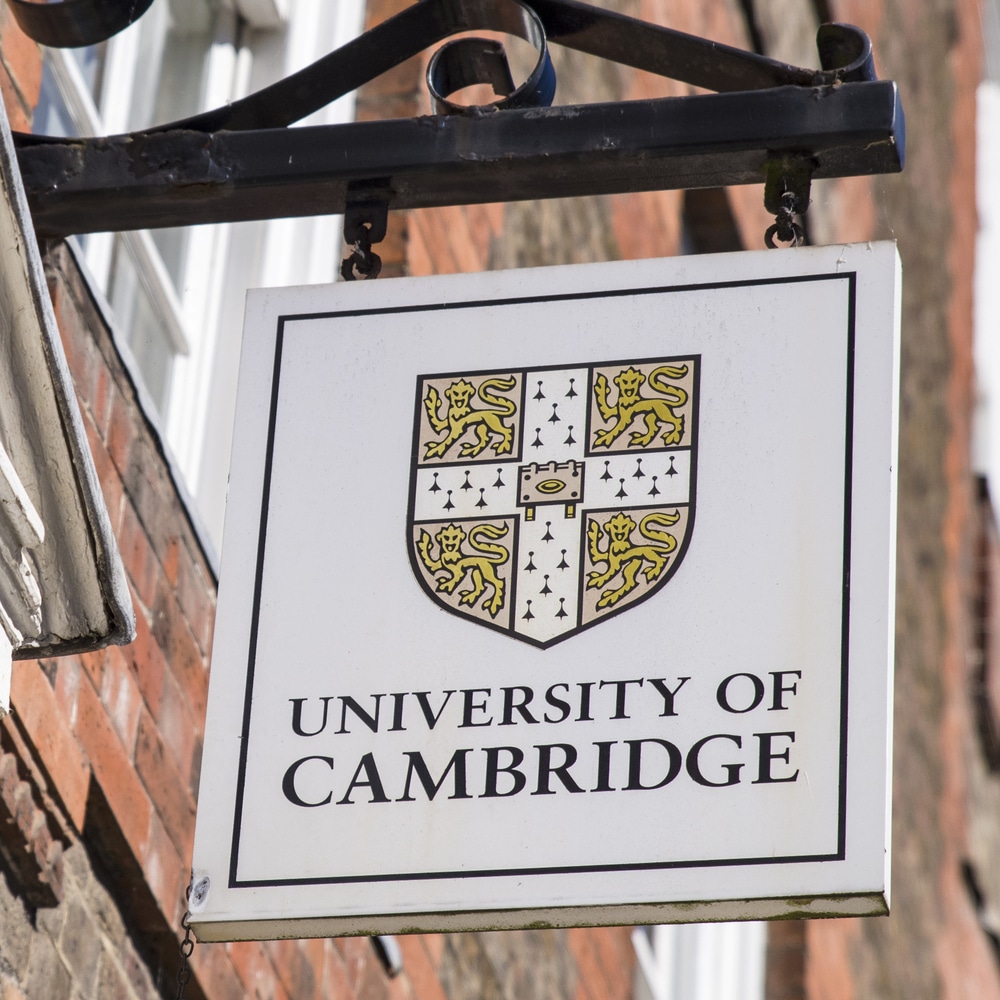
Where are you from?
Where are you from? What sort of question is that? For many across the globe, it’s a pretty simple question, with a relatively simple – but very revealing – answer. Providing your geographic origin allows people to put you in context (even if only by a rough estimate), people can at least make an educated guess at your culture, and draw up a list of commonalities or differences to aid in conversation and further interaction. This location or origin-based assessment may not be complete or entirely accurate, but it’s at least a starting point.
For a significant number of people though, “Where are you from?” is not a simple question. For a group of people that includes expats, global nomads, Third Culture Kids (and Adults), and Cross-Cultural Kids (and Adults) the question is more complex. Is the question asking where you were born, where you’ve lived the longest, where you live now, where your parents came from, where you intend to return to, where your passport(s) was/were issued? The truth is, for many of us all of those questions may have different answers – so “Where are you from?” is less a simple exchange of geographic information and is more easily translated as “Tell me about yourself and your story!”
Personally, I like stories – but I’ve come to realize that often people asking that simple question are expecting a simple answer; and not being able to provide one can cause confusion and misunderstanding. I’ve actually been given quite a bit of advice on how to attempt to answer in ways that align with what people expect.
One friend advised mumbling an incoherent response with enough conviction to leave the listener confused but politely unwilling to ask for clarification:
Innocent Bystander: “So, where are you from?”
Me: “I’m from
… you know, in the western part of Belgaricopore!”
Innocent Bystander: “Right… of course… well… how nice.”
Another friend suggested just naming the airport you frequent most… I am, however, unwilling to list my origin as London Heathrow, Terminal 5 – not that I’m not familiar with it and do feel oddly at home there, but it isn’t really that relatable – and it misses the point of providing clues for interaction to the person asking the question in the first place.
I’ve settled on a two-step response to the covertly difficult question. I initially give a quick geographic response: “I was born in the UK, but have moved around a lot living in Europe, the Middle East, and the US.” If that elicits a request for more information, it opens the door to explain that I am a “Third Culture Kid” (now a full-grown “Third Culture Individual”): “Someone who grew up in a different culture(s) than my parents.” (That’s a quick summary of David Pollock, Ruth Van Reken, and Michael Pollock’s definition from their marvellously in-depth book, Third Culture Kids: The Experience of Growing Up Among Worlds. Wikipedia lists the more thorough definition – https://en.wikipedia.org/wiki/Third_culture_kid, and there are numerous other great books delving into the issues of Third Culture and Cross-Cultural identity.) In essence, it allows me to explain that I’ve been influenced by a variety of cultures and have built an identity that traverses all of them but isn’t contained by any one of them.
“Where are you from?” doesn’t have to be a terrifying question. But it’s worth realizing that when some people ask if they’re looking for simple geographic or cultural context; while when some people answer it there’s a beautiful and more complex story to explain. For me, being able to answer in both formats has made me feel more relatable and understood in a variety of contexts. Beyond that, it’s helped me realize that everyone has a beautifully complex story. If I’m fortunate enough to be able to share some of my stories simply by explaining “where I’m from,” it’s good motivation for me to find the right questions to allow others to share their stories as well. In an ever more globalizing world, our stories are all interconnected – and there really is power in finding those connections.
International Speaker and Globetrotting Adventurer
Author of Arrivals, Departures and the Adventures In-Between
Here is a list of other useful articles about Third Culture Kids (TCK):








